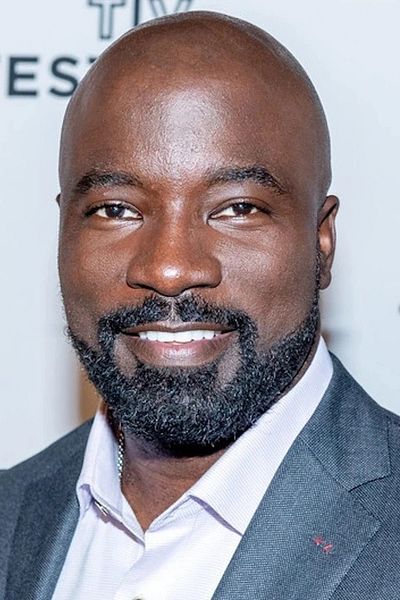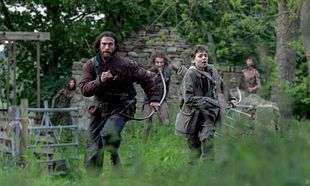While it starts off well, by act three, the disparate elements of 'Black and Blue' cease functioning, the pacing falters, and the tonality problem is apparent
After recording the murder of two men by narcotics agents, rookie cop Alicia West (Naomie Harris) is on the run from the corrupt elements of the New Orleans police force. She enlists the help of childhood friend Milo (Tyrese Gibson) to help keep her off the streets as the bounty on her head increases.
Early enough into 'Black and Blue' I realised I was enjoying it more than I expected. But at some point, during the third act, the disparate elements of the film were no longer functioning, and it had lost its footing along the way. There is an essential ingredient missing in this film. It overreaches too far in what it is actually capable of achieving.
Ever since 'The Warriors' blew my tiny little mind, I've always had a real soft spot for chase films. There is just something so pure in their set up, it taps into a fundamental fear we all have about not being able to get back home. They are tricky to get right but when they work, they really work.
This one starts well, the characters are established succinctly and when things kick off it keeps it nice and reigned in. Naomie Harris is very convincing and grounds her performance in a relatable character. Although she has served in the army, she isn't a killing machine. She's clumsy and panicked and gets through the situations with some smarts and a little luck.
But at the midway point, the pacing starts to falter. The introduction of Darius, played by a scenery chomping Mike Colter, never quite gels with the rest of the narrative. When he places a bounty on West, the potential to have the two sides playoff never materialises.
At its heart there is a tonality problem with the film, does it want to be a schlocky B movie thriller or does it want to be social commentary? It is more than possible to be these two things at the same time, but here they don't sit well together. The zippy action is infused with clunky socio-political dialogue. As most of the characters see it, there are two sides of the conflict; the African American populace (the blacks) and the predominantly white cops (the blues). West is meant to bridge the divide by being a black cop, an interesting facet that fails to unfold.
As Adorno would put it, it reiterates the habit of thought. By evoking a complex morality and then making it about simple good and evil, it finds itself in a self-inflicted limbo. It parrots the thoughts of the press and rather than use politics to elevate a B movie, it's used to bog it down. A real shame considering the potential.



















































































